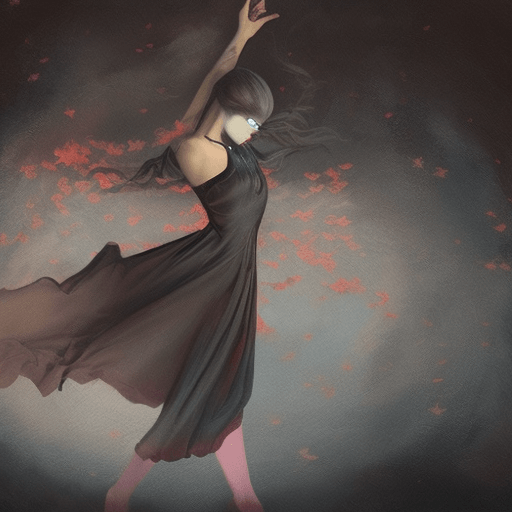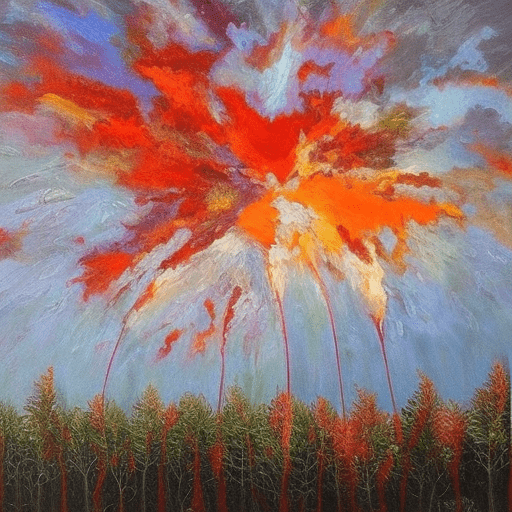Summary of “Free Fall” by Stephan Lacant
One-line summary:
“Free Fall” is a gripping German drama that explores the forbidden love between two police officers and the internal struggle they face as they navigate their personal and professional lives.
Main cast and crew:
– Director: Stephan Lacant
– Writers: Stephan Lacant, Karsten Dahlem
– Key actors: Hanno Koffler (Marc Borgmann), Max Riemelt (Kay Engel), Katharina Schüttler (Bettina Bischoff), Oliver Bröcker (Frank Richter)
– Music director: Matthias Klein
– Director of photography: Sten Mende
– Producers: Daniel Reich, Jochen Laube
Plot:
“Free Fall” follows Marc Borgmann, a young police officer who is happily engaged to his pregnant girlfriend, Bettina. During his training at the police academy, Marc meets Kay Engel, a confident and rebellious fellow officer. As they spend more time together, Marc discovers his attraction to Kay, leading to a passionate affair that challenges his commitment to his fiancée and his own identity.
Caught between his desire for Kay and the expectations of his conservative environment, Marc struggles to reconcile his conflicting emotions. The film explores the complexities of Marc’s journey as he grapples with his sexuality, societal expectations, and the consequences of his actions.
As Marc’s relationship with Kay intensifies, tensions rise within the police force. The film delves into the power dynamics and homophobia that exist within the institution, exposing the challenges faced by LGBTQ+ individuals in a traditionally masculine environment.
Themes and motifs:
“Free Fall” explores themes of self-discovery, sexual identity, and societal expectations. It delves into the internal struggle faced by individuals who must confront their true selves while navigating societal norms and expectations. The film also examines the consequences of suppressing one’s authentic identity and the toll it can take on mental and emotional well-being.
The motif of free fall is prevalent throughout the film, symbolizing the characters’ descent into their true selves and the risks they take in pursuing their desires. It represents the exhilaration and fear that come with embracing one’s authentic identity, as well as the potential for personal growth and liberation.
Reception and legacy:
Upon its release, “Free Fall” received critical acclaim for its honest portrayal of a forbidden love story. It was praised for its strong performances, compelling storytelling, and exploration of complex themes. The film won several awards, including the Audience Award at the 2013 Berlin International Film Festival and the Teddy Award for Best Feature Film.
“Free Fall” has had a lasting impact on LGBTQ+ cinema, as it fearlessly addresses the challenges faced by individuals coming to terms with their sexuality in a conservative society. It has become a significant entry in German queer cinema and has inspired discussions on LGBTQ+ representation and acceptance.
Recommendation:
“Free Fall” is a powerful and thought-provoking film that delves into the complexities of sexual identity and societal expectations. With its compelling performances and emotional depth, it offers a poignant exploration of the internal struggle faced by individuals coming to terms with their true selves. This film is highly recommended for those interested in LGBTQ+ cinema and stories that challenge societal norms.
Memorable quote:
“I don’t want to be someone I’m not just to please others. I want to be myself, no matter what.” – Marc Borgmann












